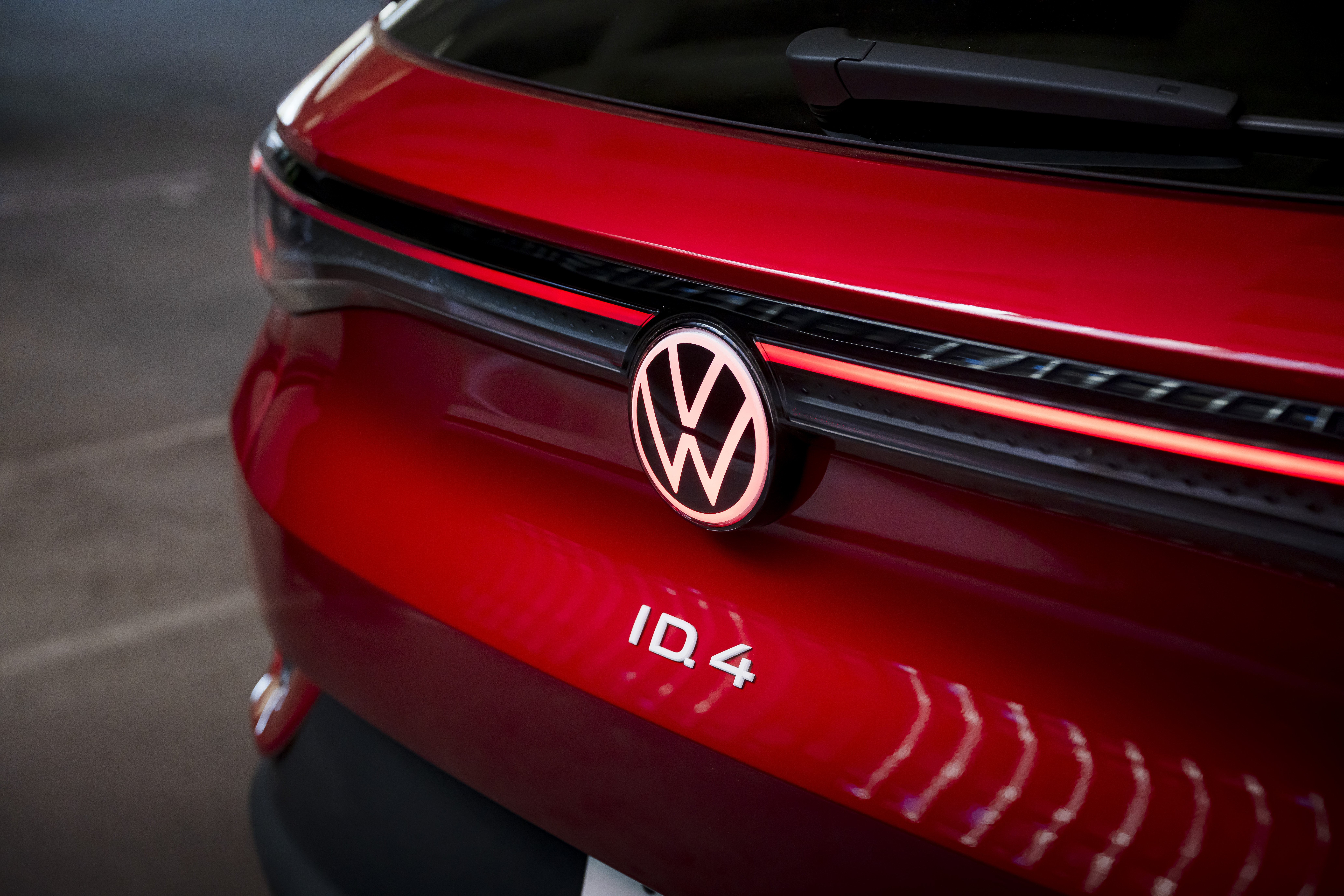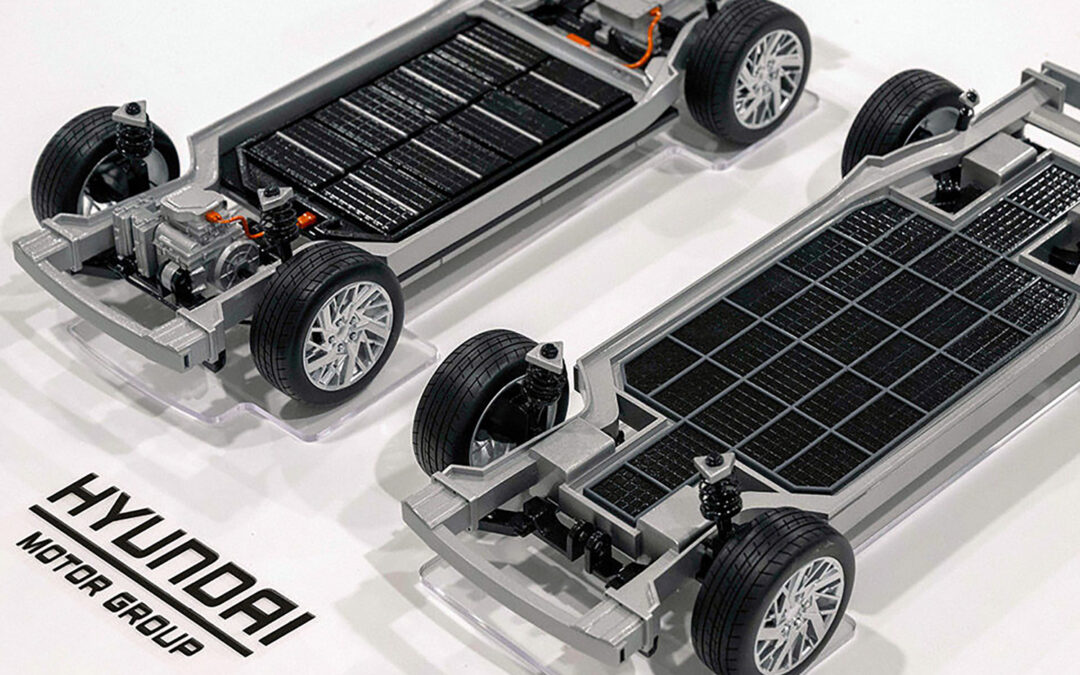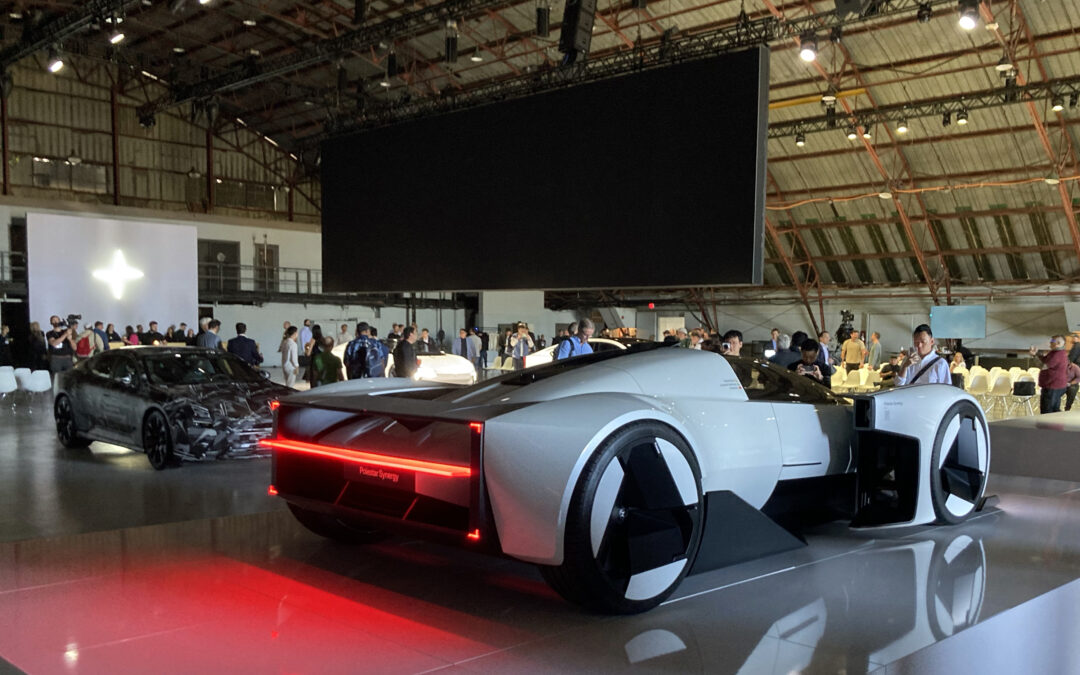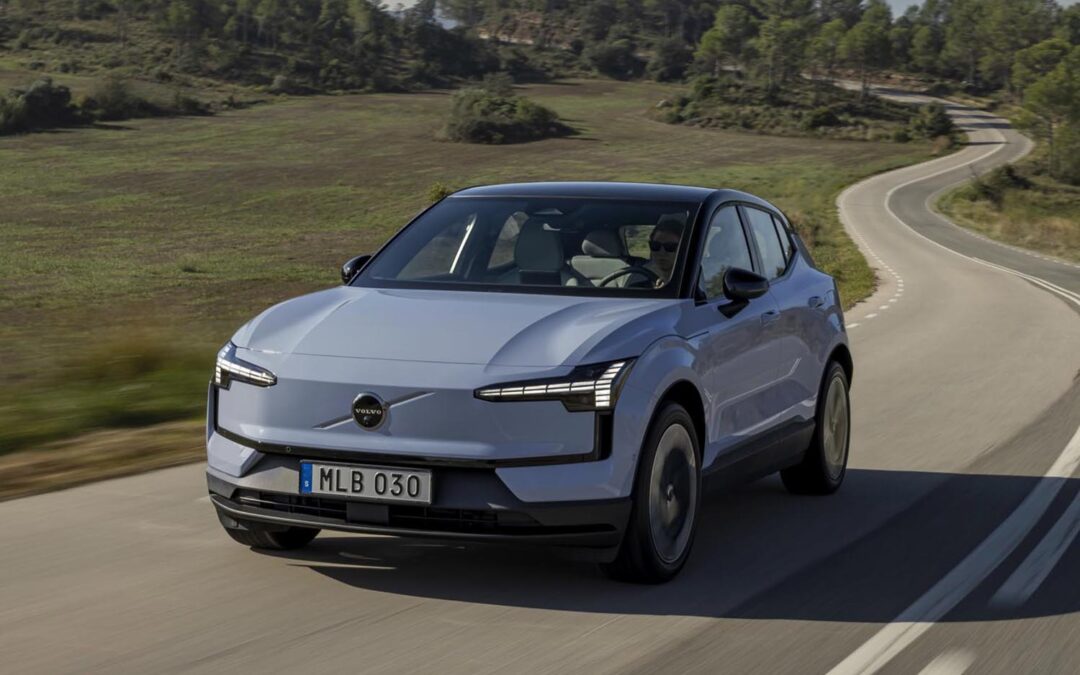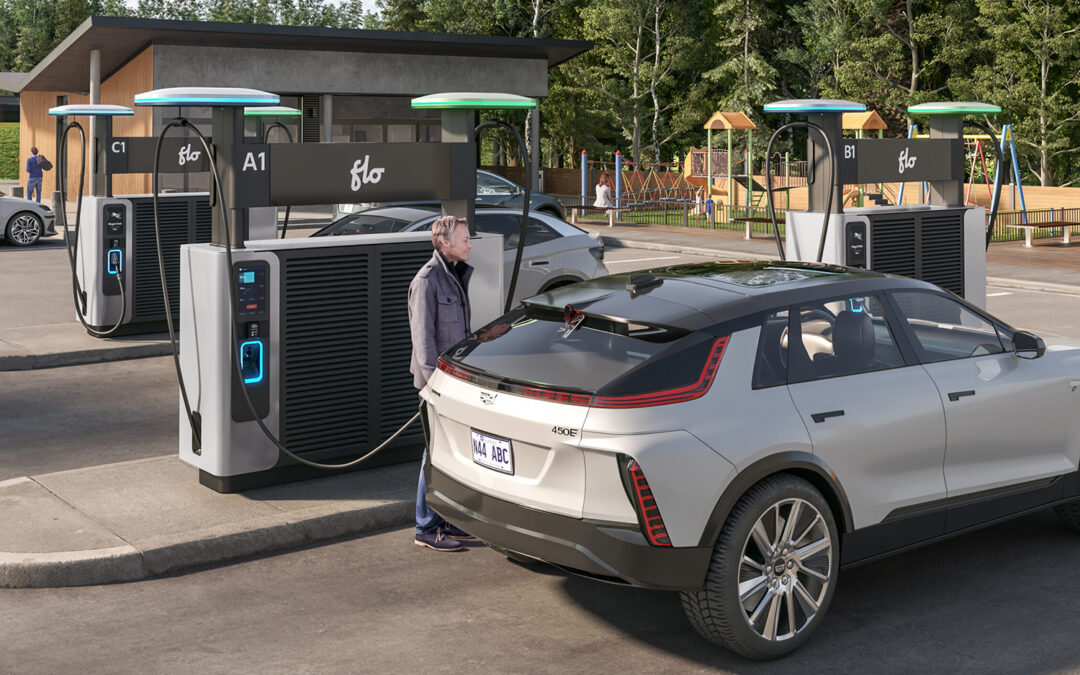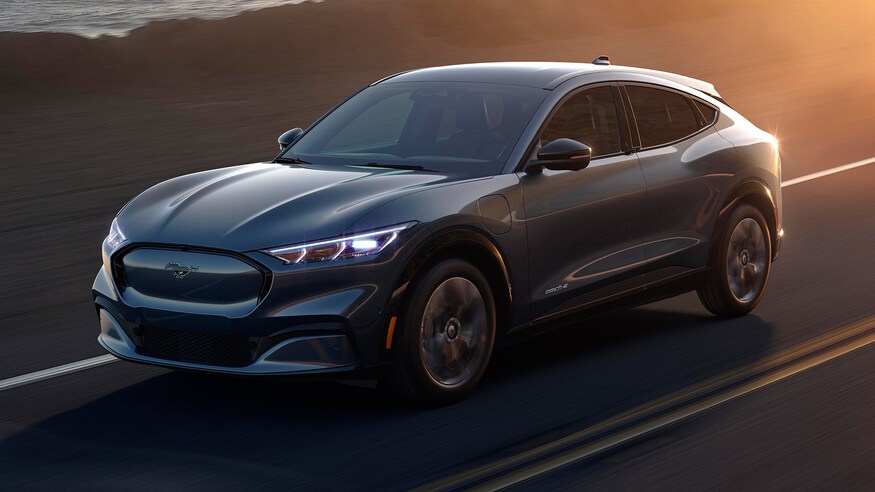EV sales at Volkswagen Group during the first nine month of 2022 were up 25 per cent compared with the same period last year, in spite of “ongoing supply constraints.”
More than 360K – 366,400 to be precise – battery-electric vehicles from the Volkswagen Group had been delivered to customers between January and the end of September this year, up from the 293K delivered during the same period in 2021. More significantly, those 366K BEV deliveries represented a six per cent share of the Group’s overall sales, a rise from the 4.2 per cent from the same period last year.
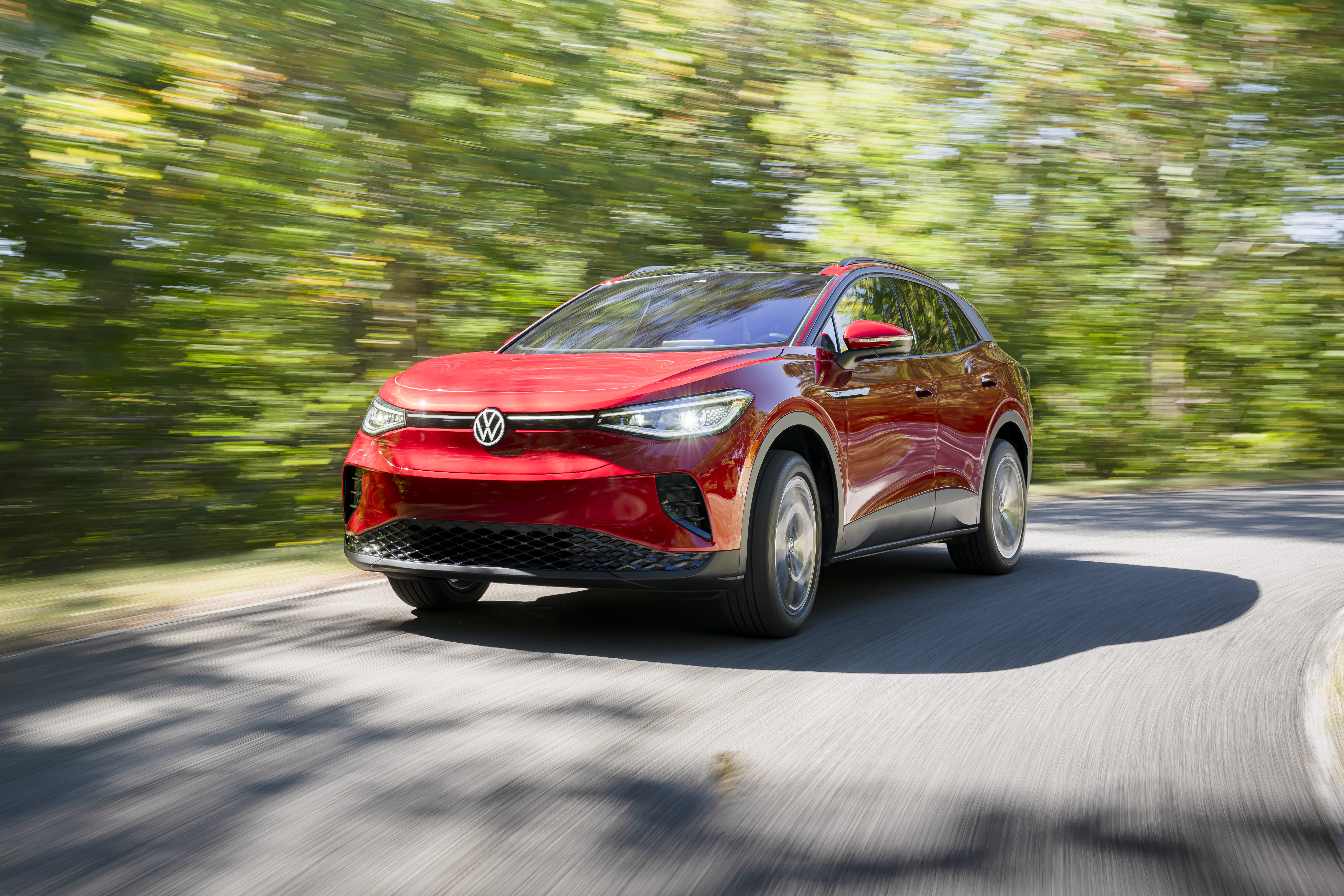
2023 Volkswagen ID. 4
Of the Group’s five brands, Volkswagen was the highest performer, with 207,200 BEVs – more than half of the Group’s total – sold between January and the end of September. Perhaps unsurprisingly, the Volkswagen ID.4 and ID.5 – now almost two and one year into their respective life cycles – lead the way in VW Group battery-electric sales with a combined 122,600 units delivered, more than double that of the recently launched ID.3, of which 45,500 examples were sold.
It remains unclear though why the German brand has not revealed the specific sales figures for the ID.4 and the ID.5, suggesting one is far outselling the other.
Behind Volkswagen, Audi was the second most prosperous of the Group with 77,000 BEVs sold, most notably with the e-tron (36,400) and the Q4 e-tron (29,700), with ŠKODA and Porsche next up on 36,900 and 25,100 battery-electric sales respectively.
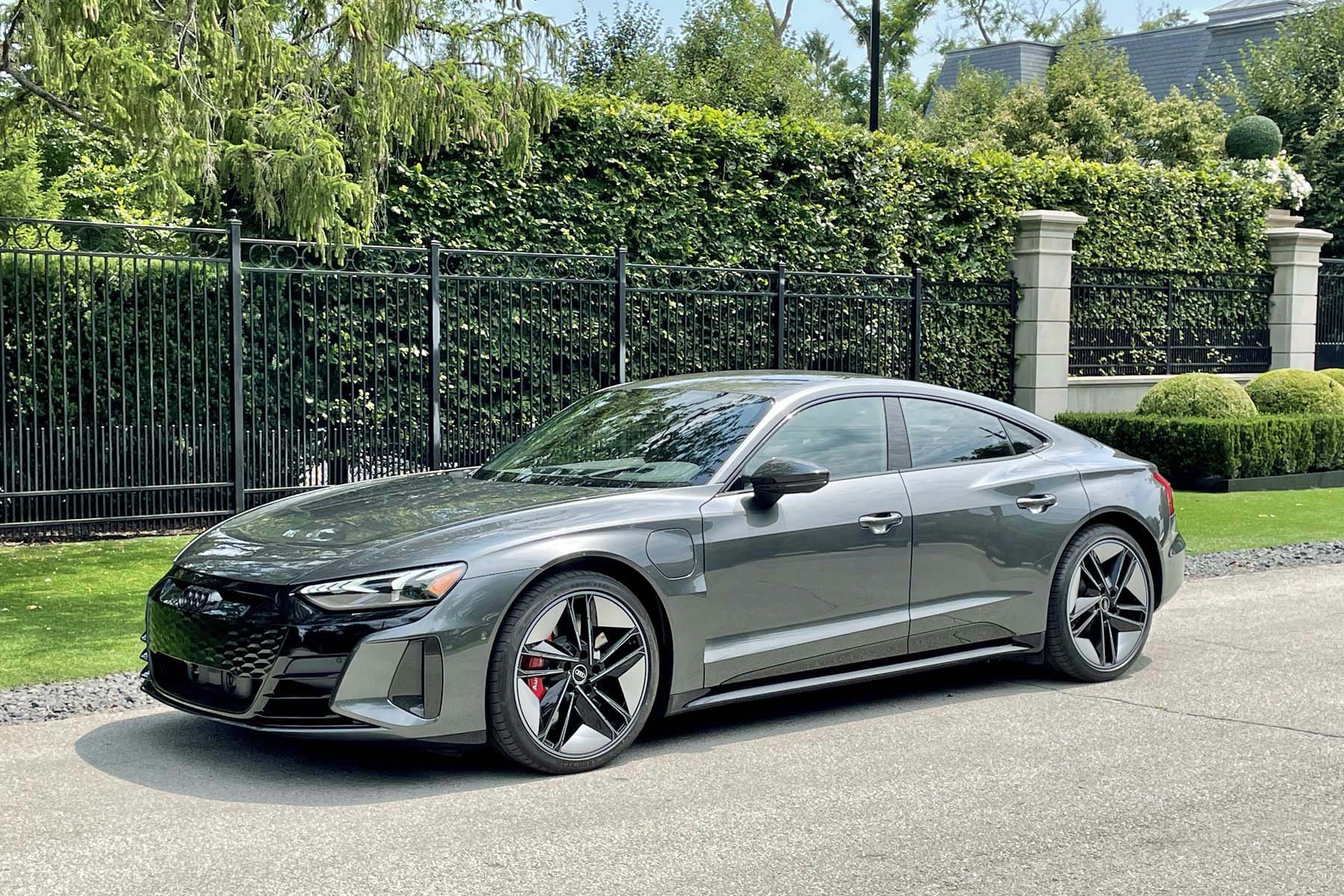
Audi RS e-tron GT / Graeme Fletcher, The Charge
That the Taycan, and its Cross Turismo subsidiaries, is Porsche’s sole BEV representative is unsurprising. But the fact that the China-exclusive Volkswagen ID.6 actually produced 2,400 more sales than the Taycan does reflect how significant the Chinese market is for the Group’s battery-electric portfolio. Indeed, while Europe, as expected, is the Group’s largest market for BEV sales with 211,900 customer deliveries made between January-September this year – a small increase on the 209,900 sold during the same period in 2021 – China was the second with 112,700 units sold. By far the Group’s biggest market increase between this year and last, given that ‘just’ 47,100 BEVs were sold in the region between January and September in 2021.
